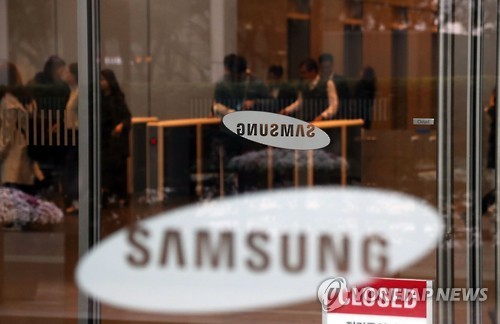Samsung Electronics is facing a patent lawsuit from the Korea Advanced Institute of Science & Technology in the US, the institute confirmed Wednesday.
KAIST IP, the institute’s intellectual property management arm, said it sued Samsung Electronics, Qualcomm and Global Foundries in a Texas court, claiming they used KAIST’s chip technology without permission. Texas is where Samsung’s Austin chip plant is located.
KAIST is a state-run research institute set up in 1971 with the aim of improving research and innovation of the nation’s science and technology.
At issue is FinFet, which is a key technology for making processors for smartphones. FinFet is a kind of transistor designed to improve the performance of semiconductors and reduce its power consumption. It was first developed by Lee Jong-ho, a professor of Seoul National University in partnership with KAIST.

KAIST IP claimed that it had proposed the technology to both Samsung Electronics and Intel, upon which Samsung invited Lee to carry out a presentation for the company’s engineers. Intel obtained licenses of the technology for its product. KAIST IP claims that Samsung, on the other hand, turned down the proposal but later developed its own technology that KAIST alleges is identical to Finfet.
“Samsung was able to reduce the development time and cost by copying Lee’s invention without cost. (Samsung) has continued copying Lee’s invention without authority or proper compensation,” a KAIST IP official told The Korea Herald.
Intel is currently providing royalties to KAIST for using the patent.
Alongside Samsung Electronics, KAIST IP sued California-based semiconductor foundry Global Foundries, which is also using the technology through a license agreement with Samsung. California-based chip designer Qualcomm, a client of both Samsung and Global Foundries, is also facing a lawsuit.
It is also planning to file a lawsuit against Taiwanese chipmaker TSMC as soon as it secures evidence of patent infringement, according to KAIST.
Samsung Electronics’ official declined to comment as the lawsuit is ongoing.
By Shin Ji-hye (
shinjh@heraldcorp.com)








